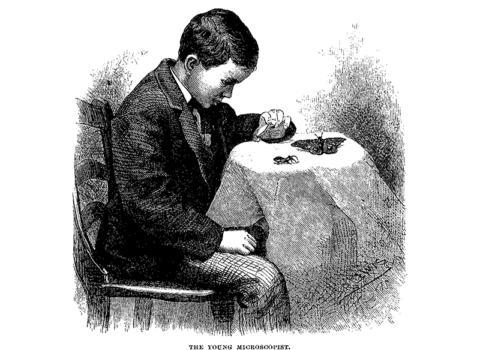All Bets Are Off
“I recommend neither the assertions of journalists and pollsters nor big headlines about terror attacks, murders, or caravans of desperate people as a basis for predicting the outcome of the midterm elections.”
When Donald Trump won the 2016 presidential election, I swore that I would never again make electoral predictions. No, I don’t belong to that group of elite journalists and pollsters who were wrong about the probability that Hillary Clinton would win the election. On the contrary, I predicted out loud—in an MSNBC broadcast on September 21, 2015—that she would be defeated.
But the Republican I thought would beat Mrs. Clinton was Jeb Bush, whom I considered his party’s presumptive candidate. A battle between two dynasties conformed to my theory of a system dominated by an impervious oligarchy. There was no possibility, I thought, that Trump could breach the walls of the Bush family stronghold or that Bernie Sanders could prevail against the Clintons’ crony-capitalist influence. When all was said and done, the Republican machine turned out to be less powerful than the Democratic machine, which spit out Sanders like a fishbone.
But the Trump-Clinton race was an eye-opener. Because I had firsthand familiarity with the anti-Clinton anger of blue-collar workers and small businessmen in the Midwest after eighteen years of reporting on the subject, I realized there was a chance that Trump, with his anti-China and anti-NAFTA rhetoric, might beat Clinton, closely linked as she was to the “free-trade” agreements pushed by her husband and President Obama. Trump’s incredible breakthrough—the triumph of a vulgar crook—followed its own logic for millions of people frustrated by politicians who never stopped advocating “the new economy” and “the jobs of the future.” For them, cities and towns devastated by industrial relocation were the current reality, and so Trump was able to draw them into his fairy tale of instantaneous wealth.
Nevertheless, I believed in the idea of the respectable, well-to-do Republican who would serve as a safeguard against Trump. I grew up with such people in the northern suburbs of Chicago. The Republicans of my childhood, conservative Protestants, showed their pride not only in their professional and business success but also in their integrity, their civic engagement, and their moral conduct. They were people who would have refused someone like Trump admission to their private clubs. Such a loud buffoon—and, to top it all, on his third marriage, this one to a foreigner with a dubious past—is not the ideal member to present to one’s wife in the club salon or in the bar after a round of golf with potential clients. Trump purchases and creates “prestigious” clubs—for example, Mar-a-Lago—precisely in order to avenge himself on the sort of well-heeled Republican who treated him as a rude and corrupt self-promoter.
On the evening of November 9, 2016, when I went to the studios of France Inter and participated in panels for France Télévisions, I was convinced that the “decent people” of the Republican Party would vote in great numbers for Hillary Clinton, out of simple disgust for Donald Trump. After all, the background of the young Hillary Rodham, the daughter of a small-business owner, qualified her as one of their own: the Rodham family, from one of Chicago’s northwestern suburbs, had followed the standard of the right-wing purist Barry Goldwater for the entire length of his disastrous 1964 campaign against the Democratic incumbent, Lyndon Johnson. One could believe that Mrs. Clinton, though she spoke “liberal” and “feminist” words, was a candidate with the soul of a conservative. A candidate who, moreover, had always favored her husband’s center-right politics.
Damn, was I wrong! According to polls cited by the New York Times, only 7 percent of self-proclaimed Republicans voted for Clinton. When North Carolina went to Trump, I began to realize that Republicans weren’t going to save the nation, that the suburban kids of my childhood, now adults, had betrayed me.
In any event, I recommend neither the assertions of journalists and pollsters nor big headlines about terror attacks, murders, or caravans of desperate people as a basis for predicting the outcome of the midterm elections. You’d do better to see Fahrenheit 11/9, Michael Moore’s most recent film. There you will observe politicians at their most cynical and assess how far they’re willing to go to dupe the electorate. Except that, in Moore’s movie—which is for the most part anti-Trump—the most surprising swindle is pulled off by Barack Obama, after he had declared a state of emergency in Flint, Michigan in 2016. There’s a sort of masquerade, in which the president demonstrates his alleged solidarity with the victims by taking a sip of filtered tap water. But in the close-up, it’s clear that Obama doesn’t swallow that sip. Flint’s impoverished residents were terribly disappointed by Obama’s stunt, as well as by the lack of federal aid, which seriously lowered Democratic turnout in a key city in a swing state.
For the gamblers among you, hedge your bets before Tuesday. Ordinary people know better than to put all their money on one number.



